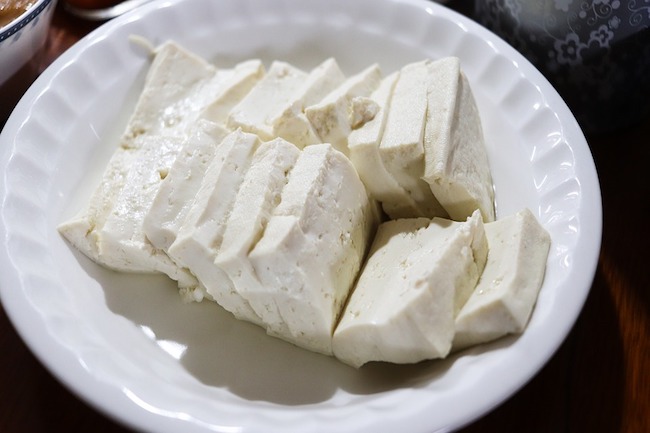Plant-Based Meats Less Nutritious Than The Real Thing, Study Reveals By Study Finds for Natural Blaze
Plant-based meats don’t pack the same protein punch, making them less nutritious than the real thing. A team from The Ohio State University says their experiments reveal human cells take in fewer proteins from meat alternatives because they are harder to absorb.
The discovery could lead to the development of healthier products, ranging from faux fish sticks to chicken “cheats.”
“The ever-growing population on earth has increased the challenge of providing sufficient proteins from meat without compromising the ecosystem,” says corresponding author Professor Osvaldo Campanella, according to a statement from SWNS.
“Additionally, concerns about food security and the awareness of a healthy diet have shifted the focus from traditional meat products toward plant protein-based meat analogues (MAs),” the researcher continues.
“The latter contain abundant proteins and negligible saturated fat and cholesterol, contributing to a reduced occurrence of obesity and cardiovascular diseases. Nevertheless, proteins from plants commonly display inferior digestibility compared to their animal counterparts. This adds uncertainty to the nutritional value of proteins in MAs unless the gap between digestion and absorption is bridged.”
What are meat alternatives made of?
Plants high in protein, such as soybeans, are common ingredients in alternative meat products. However, it’s been unclear how much protein actually makes it into human cells. The team created a model alternative meat made of soy and wheat gluten with a manufacturing machine called an extruder.
To mimic look and texture, plants are dehydrated into a powder and mixed with seasonings. Then, the mixtures are heated, moistened, and processed. “Beyond” meat advocates often consider these products better for human health than animal flesh because the ingredients are high in protein and low in undesirable fats.
Unfortunately, those proteins don’t break down into absorbable peptides as well. Dr. Campanella and colleagues went a step further, by comparing their meat with a piece of real chicken. When cut open, the former had long fibrous pieces inside – just like chicken meat. Researchers ground up pieces of each and broke them down with an enzyme the human body uses to digest food. Scans revealed proteins in the meat substitute were less water-soluble than those from chicken.




